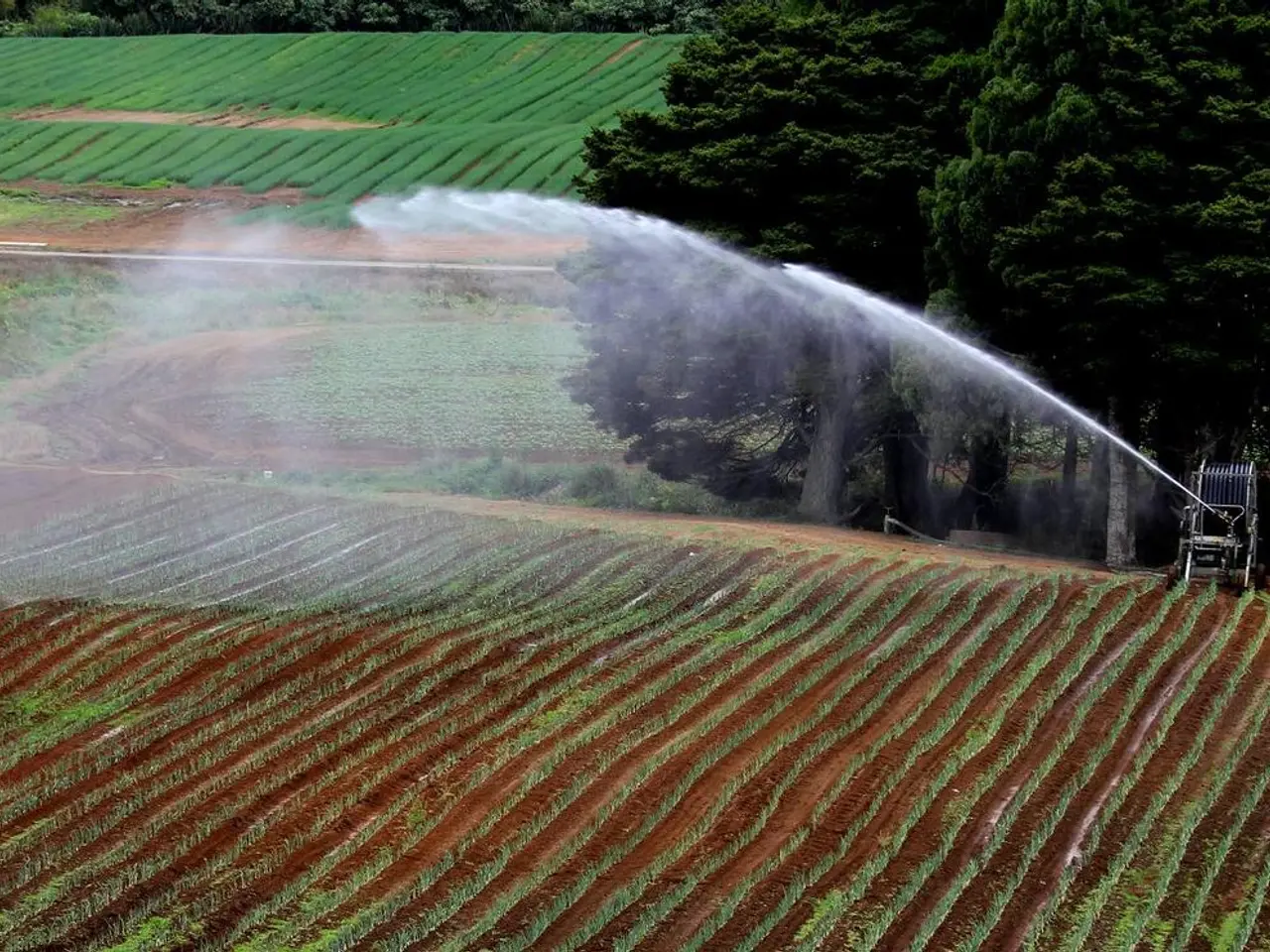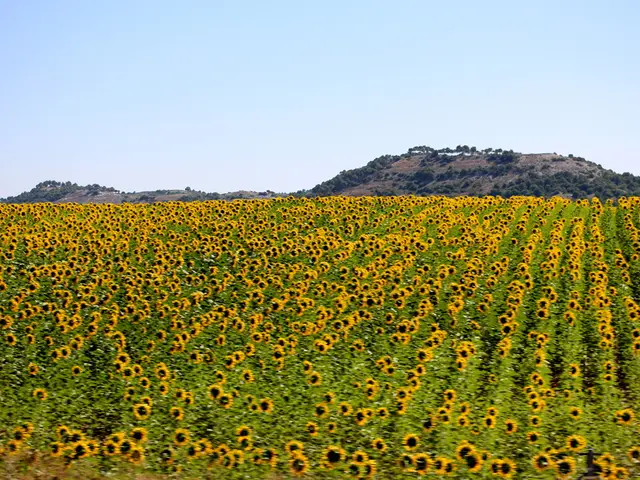Bayer Launches First Indian Forward Farm for Sustainable Rice Cultivation
Bayer has launched its global initiative, Bayer ForwardFarming, in India, the newest of 29 such farms worldwide. Spread over 18 hectares, the farm focuses on sustainable rice cultivation, promoting regenerative agriculture for smallholder farmers. Natasha Santos, Head of Sustainability & Strategic Engagements at Bayer, and Simon Wiebusch, President, Bayer South Asia, both expressed the initiative's aim to enhance agricultural productivity and sustainability in India.
The Bayer Forward Farm in India integrates various sustainable practices. One key example is Bayer's Direct Seeded Rice (DSR) system, which reduces water usage, greenhouse gas emissions, and labor dependence. The farm also employs innovative weed management, customized agronomy systems, and carbon farming. These practices help enhance productivity and yields while preserving the environment.
Through its DirectAcres program, Bayer aims to support over 1 million smallholder farmers in India with regenerative rice cultivation by 2030. Each Forward Farm serves as a platform for collaboration and knowledge sharing among farmers, researchers, and stakeholders.
The Bayer Forward Farm in India is a significant step towards sustainable agriculture. By integrating various sustainable practices and aiming to support over 1 million smallholder farmers, Bayer's initiative seeks to boost productivity, improve yields, and preserve the environment. The farm serves as a hub for innovation and knowledge sharing, contributing to India's agricultural sustainability.
Read also:
- Summarized Report: Insights from the Realm of Transportation
- Recorded surge in electric vehicle registrations during the initial half of the year
- Polestar CEO, Lohscheller, voices concern on the ongoing debates about competitors' products: "Maintain focus, avoid distractions"
- Jane Goodall's Legacy: From Chimpanzee Tool Use to Global Conservation








